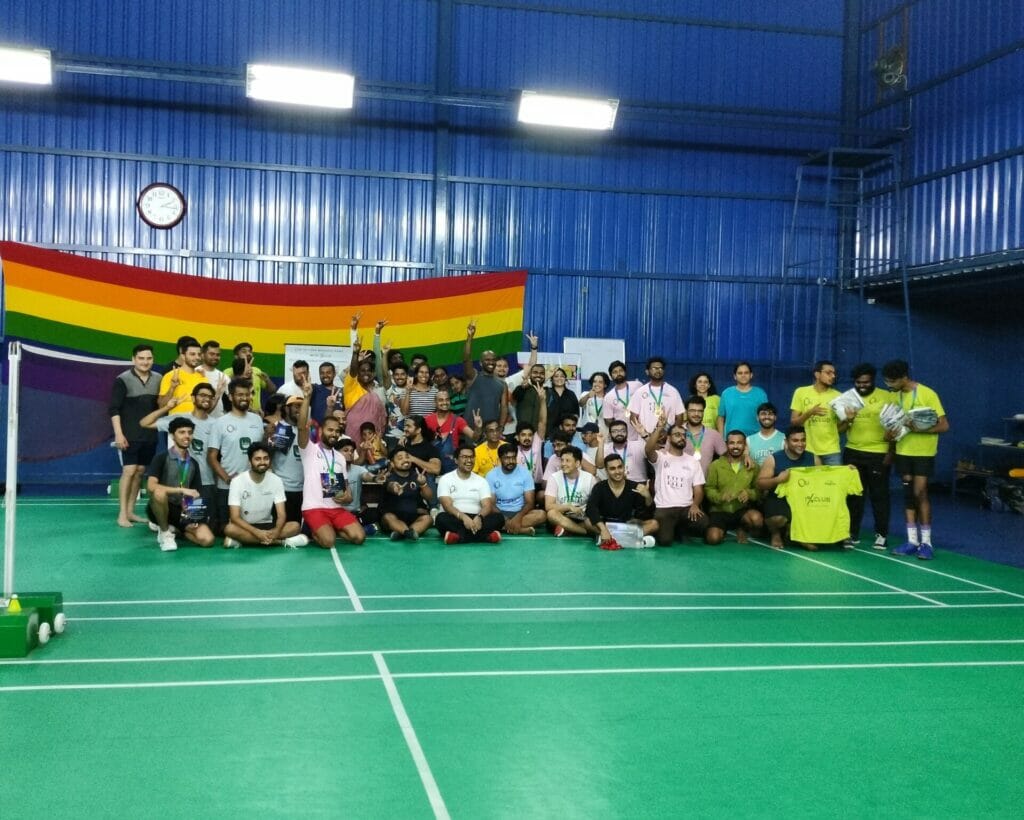Akkai Padmashali is a pioneer in trans rights activism, from being the first transgender person to register her marriage in Karnataka to being a member of the drafting committee in the 2017 state policy for transgender people. Akkai started the human rights organisation, Ondede, which means ‘convergence’ in Kannada. She aspires to bring about ground-level changes in policies to be more inclusive.
In an exclusive interview with Citizen Matters, Akkai spoke about her views on the implementation of the reservation of jobs in public employment for the transgender community (Karnataka is the first state to provide 1% horizontal reservations in public employment), the controversial Transgender Persons (Protection of Rights) Bill, 2019, among other issues.
Tell us a little about Ondede
Ondede is a transgender-led working class convergence organisation. We want to bring about solidarity and support to the community as a whole. We work with youth movements, child rights movements, women’s movements, caste and class movements, and religious minority movements. We update our Facebook page. We also have our own website, and have recently started our Twitter and Instagram accounts. We are still working on our social media presence, but with activism on the streets and working with the state and other constitutional authorities on gender and sexuality, we are at the forefront.
We also train IAS officers, judicial academies, and police academies. As an organisation, providing active suggestions in policy making, we are working in a larger context, taking experiences of the working class into consideration. We are also working with government departments to educate and sensitise them.
After the revolutionary judgement by the Supreme Court in 2014, why do you think the Centre passed the controversial Transgender Persons (Protection of Rights) Bill 2019?
The Supreme Court 2014 judgement was far better than the Transgender Persons (Protection of Rights) Bill of 2019. We don’t need ‘protection,’ we need our rights.
The government claimed to be working in favour of the transgender community and for their welfare, which is not true. The government should have consulted with the members of the community and asked what they wanted. They did away with this consultancy, which was undemocratic. There was no discussion with the working-class sexual minorities, and South India was completely neglected with only a few voices represented. This Act was passed when the CAA, farmer’s bill, and the Triple Talaq Act were passed as well.
We took a stand and asked the government to not implement it, as the bill has so many loopholes, and the 2017 Transgender Policy is so much better.
Read more: Should we rely on non-state actors for the next pandemic?
How was your experience in training the police?
It was because of Dr. G. Parmeshwar, when he became the Karnataka Home Minister. We had a high-level meeting with the police authorities and he told them that there have been severe human rights violations against transgender people and sex workers. Ever since, they have been more sensitive. It has been six to seven years since all of this began.
Karnataka is the first state to implement 1% horizontal reservation in public employment for transgender people, to what extent has this been implemented?
It is very disappointing. The implementation of it has really not been fulfilled yet. The dreams and desires, from the community’s perspective, are not met. The implementation needs to happen in such a way that it must reach the people. The last government had no information on the community, on how to mobilise and educate people, in that context we need more development. Though people say 1% is a small number, it still matters to us.
Has the reservation not been implemented at all?
It is a good judgement by the court, but the implementation has not been done well. They say that there is reservation, but the bill itself does not give much confidence to transgender people. There are programmes and policies by the government, but we cannot access them. Reservation in public employment has not been implemented in an effective manner.

In the education and health sector, how is the government supporting the community?
In every sector, nothing has happened. If the 2017 policy gets implemented, then there is some hope. I think my people should be a part of the government. If you are going to constitute a welfare board, for that transgender people should be the chairperson, they should be a part of it. The social welfare department and the women and child development departments have come forth to start the welfare board for us.
What are your demands from the government to bring forth real changes?
We have two demands from the government-implement the 2017 policy and the Supreme Court judgement of 2014. The Congress party mentioned in its manifesto that they will constitute a welfare board, we are looking forward to it.
How was your experience being in the drafting committee of the 2017 policy?
It was really good. The people were inclusive, open to discussions, and were willing to listen to the voices of the people. It also had community representation, which was really important. When it comes to marginalised sections, community representation becomes a duty of the state. They have to take it seriously and have proper budgetary allocation to make it possible.
What is your request from the heterosexual society to be more sensitive?
I don’t request them; I urge them, and I demand from them. I think people should open their minds, that should do the work.